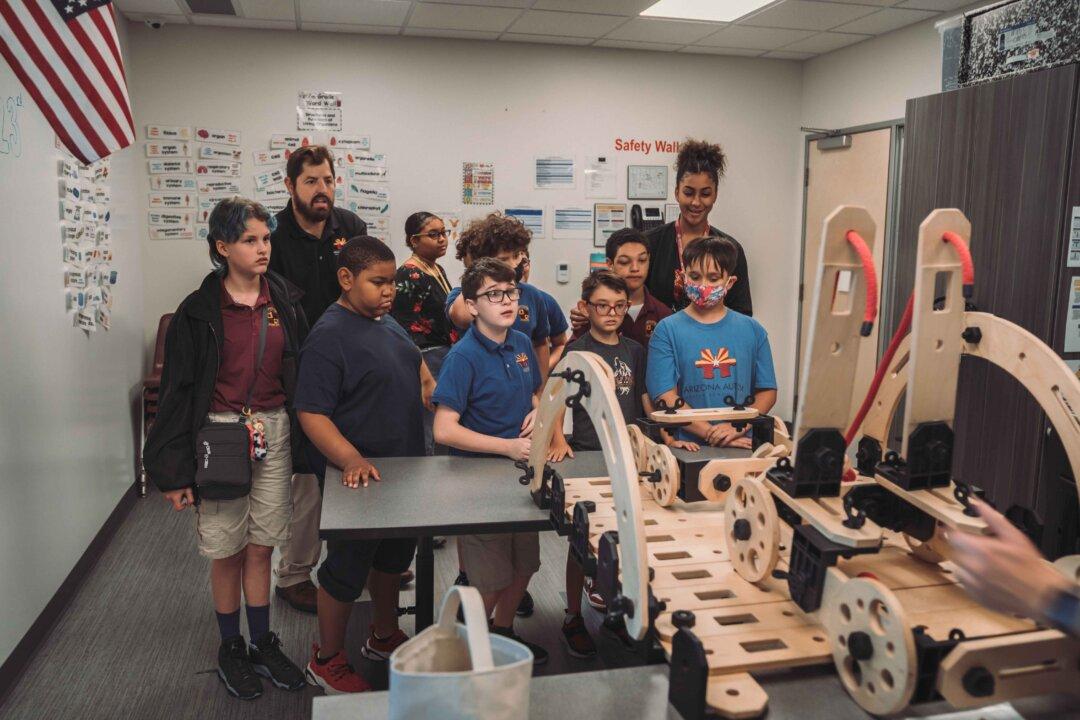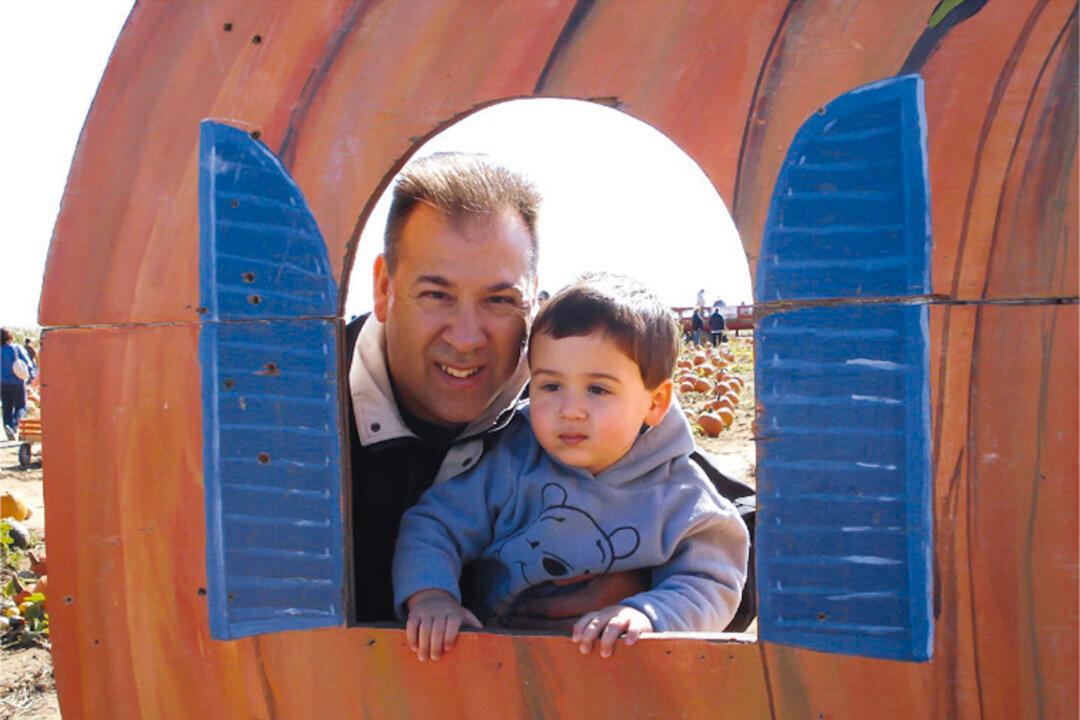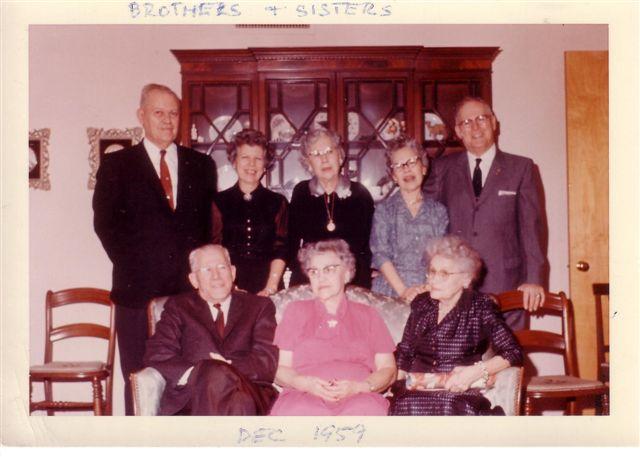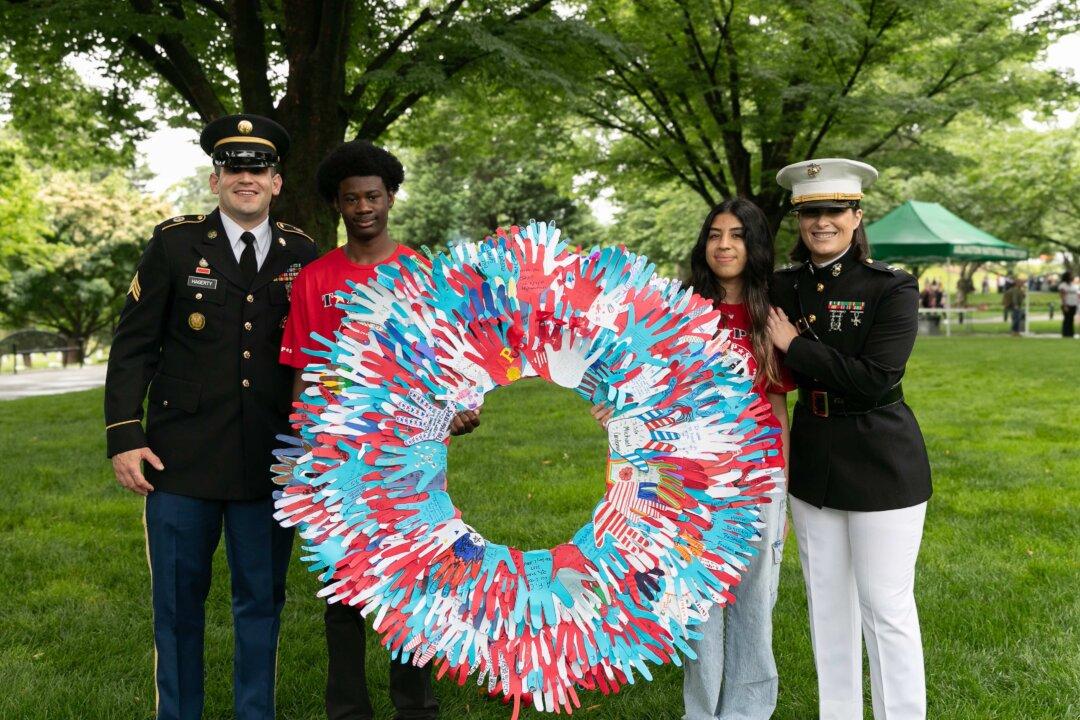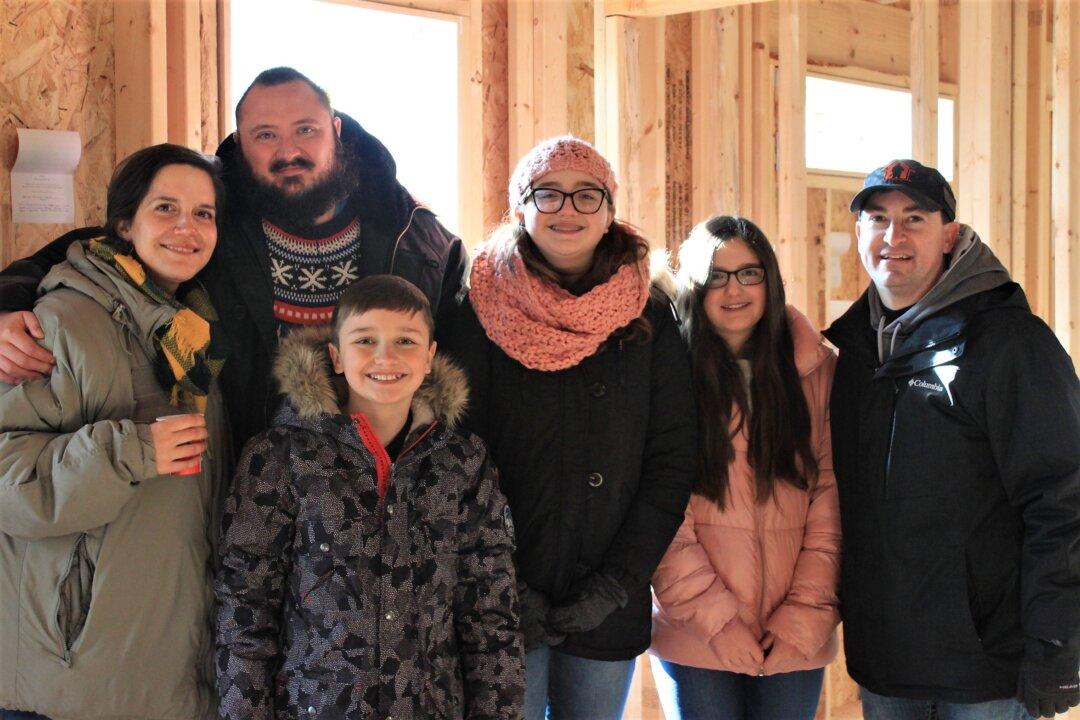When Diana Diaz-Harrison strolls the halls of her schools, she is reminded on a daily basis why she loves education. She has always loved kids. It’s what drew her into the education field in the first place. Her earlier self as a bilingual teacher in California could not have imagined her present self as an innovative leader in education. Today, she is the founder of a specialized public charter school system—the first of its kind: the Arizona Autism Charter School (AZACS).
AZACS is unlike the typical public school institution. It is a tuition-free charter school based on a nonprofit educational model for Arizona’s non-neurotypical students who have been diagnosed with learning differences. These children are thriving in a non-traditional classroom setting within her network of charter schools geared toward children with autism in Arizona. According to Harrison, about 25 percent of students are not autistic; however, they might have a speech delay or cerebral palsy, or they are wheelchair-bound students.

